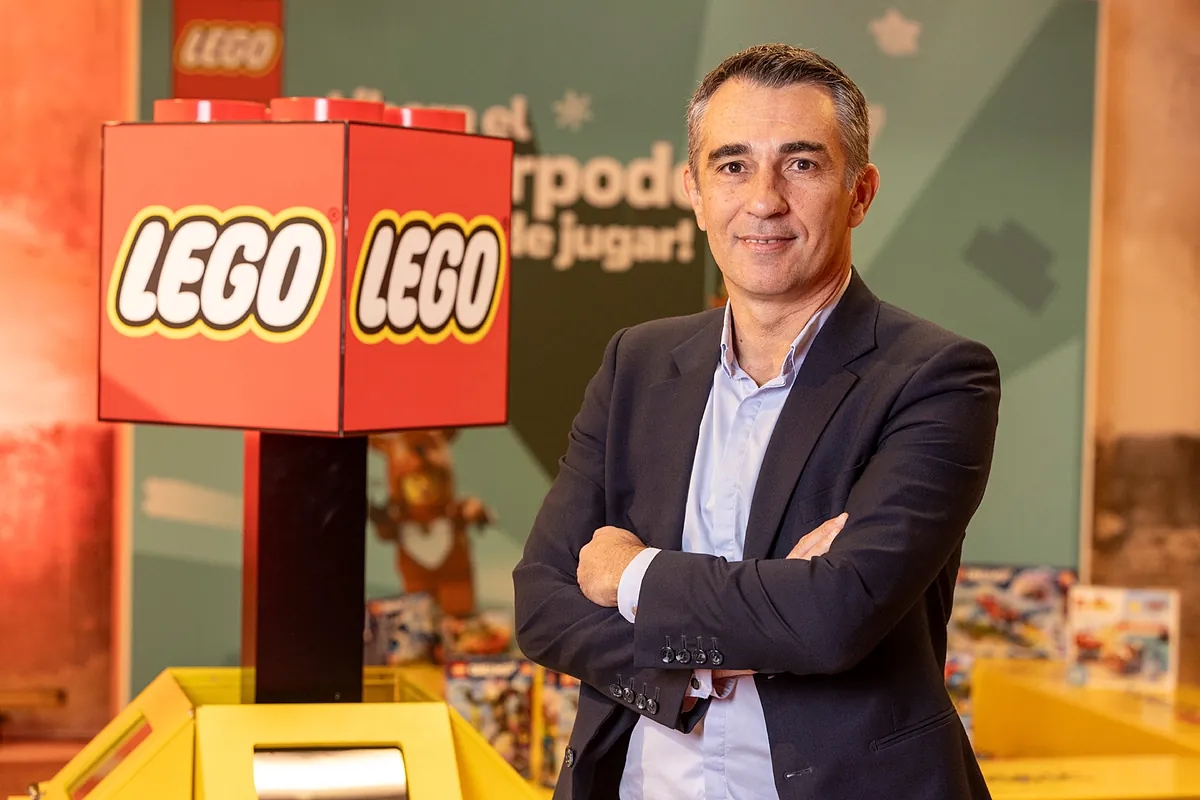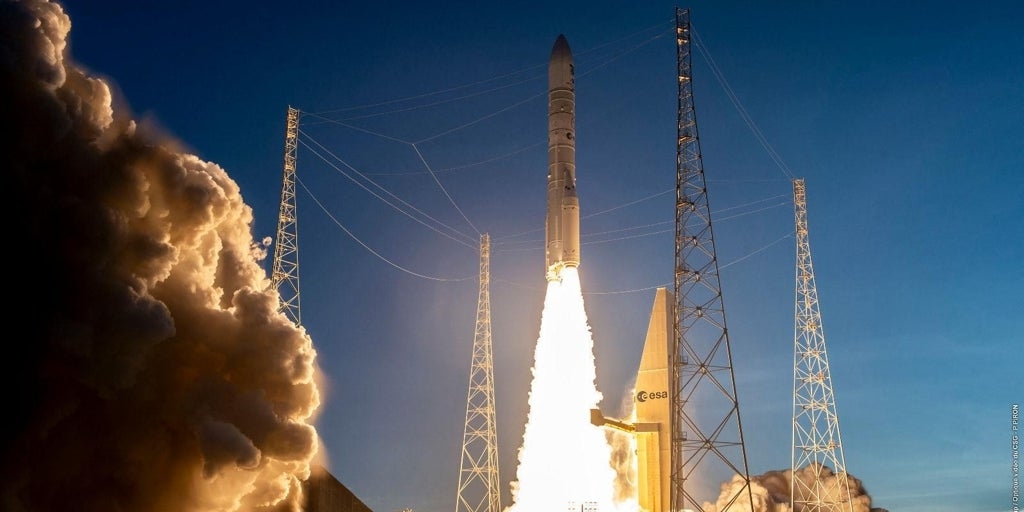"Human creativity remains the key to Lego"

Vicent Plane, head of the Danish toy company in Spain and Portugal, explains how the group is adapting to new technologies.
With 93 years under its belt, the Lego Group has managed to adapt to many generations of children and adults who, throughout this time, have built all kinds of toys with the bricks of the well-known Danish company. But in recent years, with the rise of artificial intelligence and a greater concern for sustainability, the toy company has had to change the foundations of its strategy.
" The key to our current business is based on three pillars: innovation, digitalization and sustainability ," explains Vincent Plane, country manager of Lego in Iberia.
Regarding innovation, Lego has "more than 600 designers dedicated to creating and developing products . The pace of renewal is extremely high, with half of our product changing every year. This year we've launched 375 new ones, which is incredible," explains Plane.
With this pace of releases, using generative artificial intelligence to help its creators design new games could be an interesting option, but Plane insists that Lego is a family company with a strong focus on innovation, but "the human element is key, it remains the most important thing," the executive insists, adding: "In terms of creativity, we rely more on all the designers we have, and at the same time, we use technologies like artificial intelligence, especially for data analysis, improving our processes, and in the supply chain."
A key example of this technological commitment is the announcement of the opening in 2027 of an innovation center in Denmark where 1,700 people will work and whose main objective will be "to think about what the ways of playing will be in the future, fostering new ideas and ensuring that the game remains relevant."
Related to this concern about the future of play and as part of its commitment to digitalization, the company emphasizes that, without straying too far from the traditional brick used to build its sets, it has been introducing new experiences . "We are aware that people's tastes have been changing and technology is an important part for users," says the country manager of Lego in Iberia.
Therefore, games like the Super Mario Kart set include QR codes for interactive racing, as do the new Duplo range trains, with the possibility of integrating voice to enrich the experience.
The company has also opted to open stores with a digital focus. In most of its locations, customers can use interactive screens to view a virtual model of how the assembled set will look. Additionally, customers can bring their own drawings or artwork, and a scan will be used to create a personalized set with the exact pieces needed. "The idea is for our customers to have an immersive experience," he adds.
Regarding sustainability, the company increased its investment in this area by 64% in the last year , clearly demonstrating its commitment. "We have tested more than 600 materials to achieve our goal of using more sustainable components by 2032. Currently, some accessories in the Botanical line are made from sugarcane, and some tires are made from recycled fishing nets and used oil," explains the executive.
The goal is to reduce emissions by 37% between 2019 and 2032, with the ambition of achieving company-wide carbon neutrality by 2050. As part of this goal, the firm has also recently launched a factory in Vietnam that aims to run entirely on clean energy by 2026.
SpainThe company currently has nine stores in Spain , the latest opened last August in Bilbao, and according to the company's country manager, they do not rule out opening more, but within a "very controlled" growth strategy.
According to the executive, Spain has become a key region for the company due to its significant growth potential. "Over the last four years, we have been increasing our investment efforts with the aim of accelerating sales, and it has worked. There is tremendous potential in the Spanish market. We currently have a 13.5% market share, and this year alone we have increased by 2.2% in a very competitive segment . However, we are comparable to some European countries, even Portugal, where Lego has a more developed market, and there is still considerable room for growth here."
Expansion


